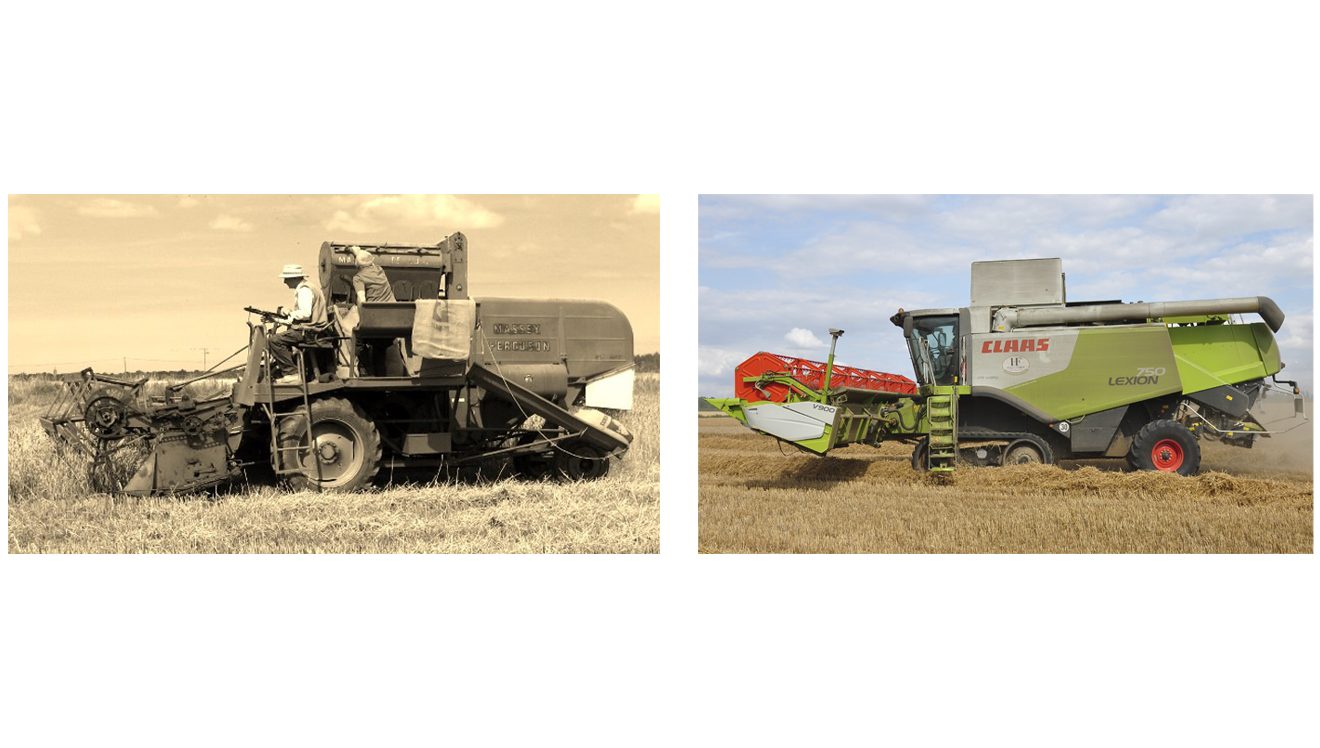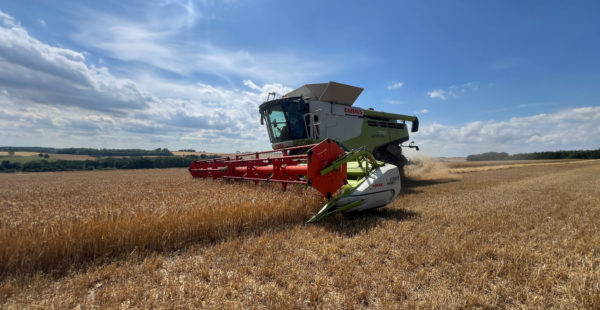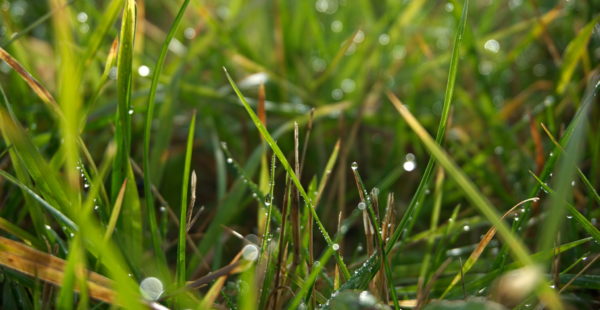Harden’s Gap, Mechanisation & Running the Herd – a Life on the Land, Part 2
When Dennis Hotchin returned from National Service with the RAF Regiment in Germany, Phyllis was working for Commander and Mrs Hamilton at Alfred, Lord Tennyon’s birthplace in Somersby. The Hamiltons employed Dennis as a gardener and hosted the wedding reception when he and Phyllis married at St Margaret’s Church. Dennis stayed there for 18 months until the Commander died.
Squire Adrian heard that Dennis was looking for a new job and got in touch. The Squire didn’t forget people and was very loyal. Two big farmhouses at Harden’s Gap had been converted into two cottages – the Squire had lived there for a period after naval service – and Dennis accepted the new job and the new home. He stayed there for 35 years, and both of his and Phyllis’s children, Neil and Karen, were born there.
Over that 35-year period, modern, mechanised practices changed the nature of Dennis’s work, a story that was played out on farms everywhere. Sheep were phased out in favour of arable crops, particularly corn, so fewer labourers were required. The beef herd was increased to make good use of the estate’s pastures.
The first combine harvesters to be used on the estate were a far cry from their modern successors. For a start, they didn’t have a cab so driving one was a filthy job in more ways than one. As time was money with these expensive machines, the job had to be done to a timetable, no matter how foul the weather. Operators typically used old cornsacks to protect themselves from the elements, and still ended up cold and soaked, or hot and parched, with dust in their eyes and down their necks.






